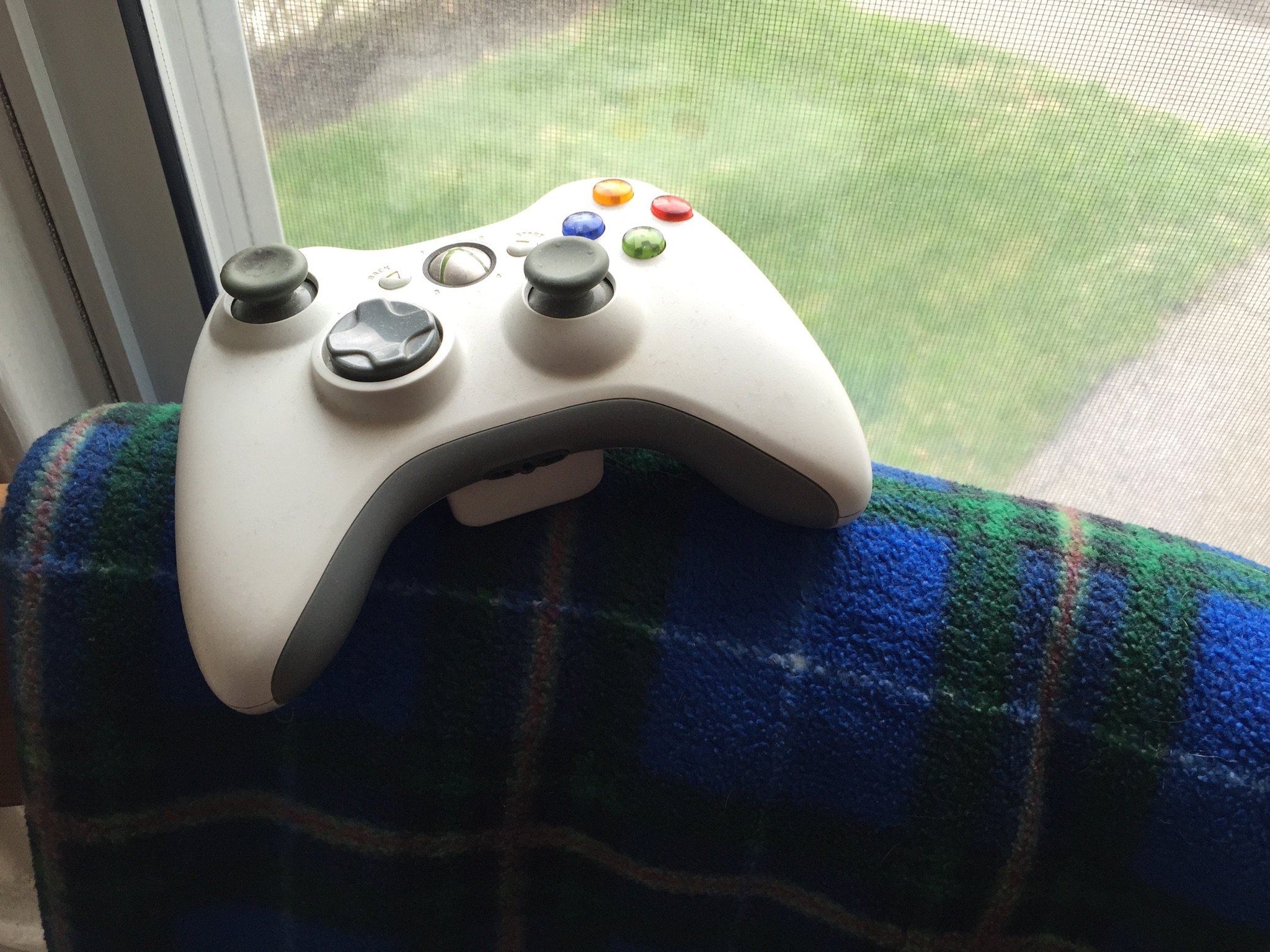Why I played games as a guy: The power of the online pseudonym

A very specific guy, in fact — a friend of a friend who'd given me his Steam login information because he didn't use his account. I didn't even realize that I was logging hours on borrowed time; around 2006, the account's owner changed his password and locked me out for good. After all, it had never really been "my" account – and as far as the Steam gameplay records were concerned, I was never even the one playing.
At the time, this type of login exchange didn't seem so strange; digital game marketplaces were relatively new, and I was used to loaning my friends physical copies of games and systems. Now that I had to create a Steam account of my own, though, I ran up against a brand new problem: did I have to game as myself?
Life in the dark ages
I didn't much like having to be myself in real life. My grasp on gender politics in high school and college could be summarized as "I don't want to talk about it," and that sentiment came from a place of deep shame. My guy friends often gamed without me, despite my begging to be included.
When I once asked a friend why he never invited me to his LAN parties, he told me he didn't want to "make things weird" for the other guys, or to make any of his female friends jealous.
"We really just want to focus on gaming," he said. "We can't have a bunch of girls there." I tried dressing in men's clothes, swearing more often, drinking whiskey, and wearing my hair short... but I was still a joke to them.
In the digital landscape of gaming, I could hide. No one knew I was a diminutive teen girl with acne and greasy hair. I didn't want to stand out or be an impressive hero – I just wanted to blend in, something that I'd never managed to do at school or even with my supposed guy friends. I wanted to be part of the group, to follow the crowd, to go unnoticed. So I became someone else.
Digital freedom
At that age, I didn't really get why I felt like I had to play as a guy in order to avoid notice. I only knew that women allegedly didn't play games — or at least, that I never saw them playing games. But since that time, I've met countless other women who admit they play off-mic only, with gender-ambiguous handles – thereby escaping the scrutiny they receive in public gaming spaces.
Master your iPhone in minutes
iMore offers spot-on advice and guidance from our team of experts, with decades of Apple device experience to lean on. Learn more with iMore!
Gaming's virtual hangouts have a particular culture that revolves around a shared sense of identity, even though these identities are constructed and calculated. We all want to fit in, and many of us have struggled with fitting in elsewhere – so we follow the status quo of our chosen gaming environment. The result is an undulating ouroboros of outcasts, each of us approximating "coolness" for one another.
Anonymity gets a bad rap, but it also can provide a safety net for people who want to escape scrutiny and harassment. My fake identity allowed me to embrace the games that I really liked, even though they weren't the types of games that I was "expected" to play. What's more, I could enjoy these games without anybody claiming I only did it for the attention – especially considering I wanted just the opposite.
The silent price of anonymity
My lifelong project of fitting in to gaming's various online landscapes may have allowed me to play the games I loved, but it's largely left me feeling like an imposter, not a card-carrying member. I learned that the best way to fit into gaming spaces online was to be silent and invisible. That was enough to satisfy my friendship-starved high school self, but present-day Maddy? Not so much.
And yet, though I've been out of high school for over a decade, I still stay off mic in multiplayer games because I don't want to "make things weird" for the men who've felt free to talk on their microphones for decades. After all, I've seen what happens to the few women who do speak up in multiplayer matches: They get singled out, attacked, condescended, stalked... the list goes on.
Of course, the problem there isn't really anonymity: It's the lack of accountability for bad behavior, combined with the assumption that all online identities are assumed to be male unless stated otherwise.
Now, I'm not saying we should all go on mic tomorrow and have a Very Serious Conversation about gender in the Halo 4 multiplayer lobby (I mean, unless you all really want to).
But I'd like to remind the men of the multiplayer world that we never were the ones "making it weird" – that's on you. Every time you default towards using a male pronoun for your fellow players, every time you react with shock or condescension when you hear a voice or see a photo that doesn't match your expectations, every time you ask if we're really playing or if we're just on mic while a boyfriend plays, you imply that we don't belong here. You also make it clear to your silent teammates that they should keep their heads down.
Don't assume other players look like you. Tamp down your feelings of shock when you find out the truth. Just be cool.
Contributor emeritus at iMore, currently writing about games, movies, and podcasts at The Mary Sue. Former assistant Games Editor at Paste Magazine. Host of Isometric. Keytarist/singer for the Robot Knights. Follow her on Twitter @samusclone
